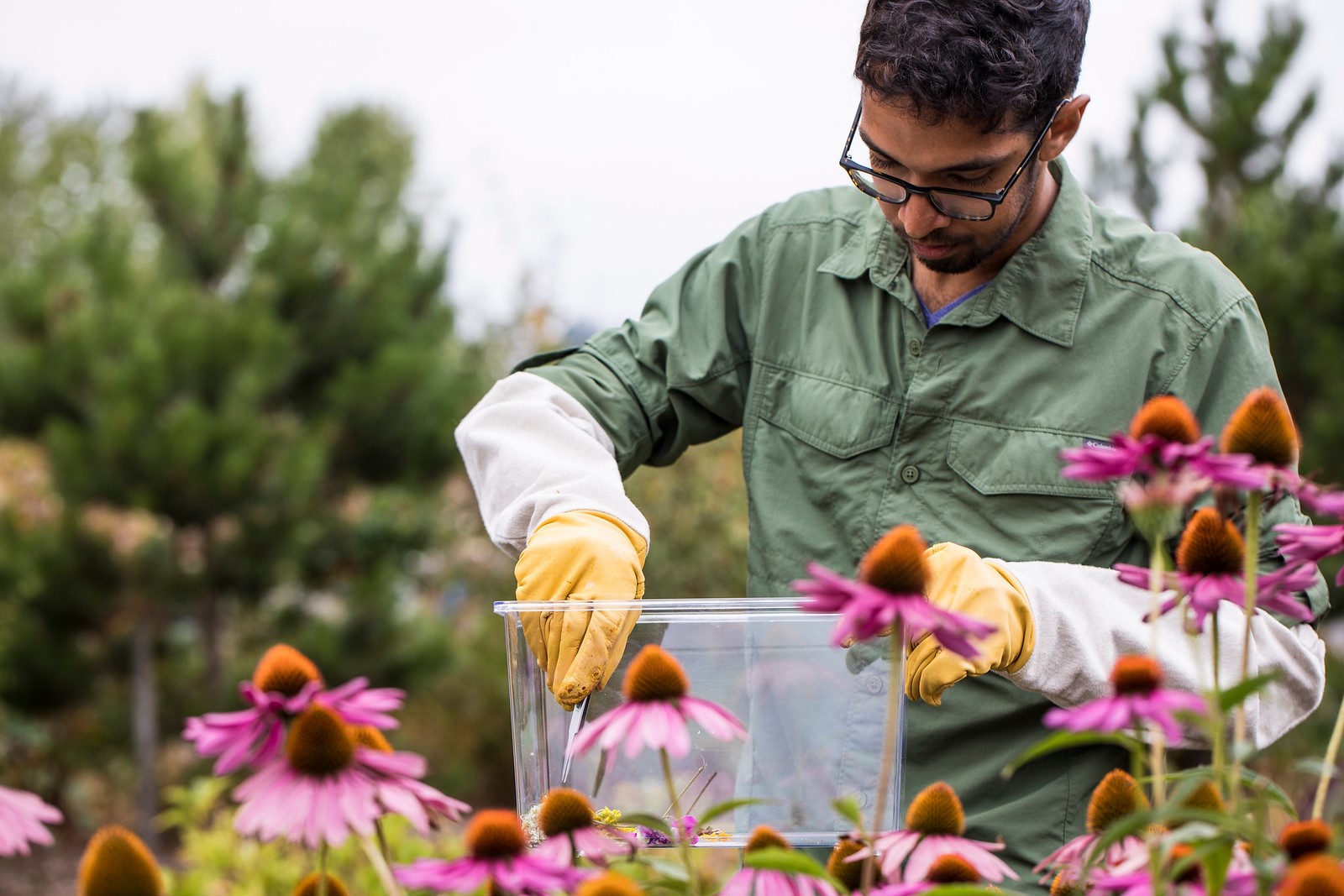The work of research and teaching labs at the University of Washington include a broad spectrum of field operations, such as rocket tests, water sample collection, and wildlife observation, to name just a few. EH&S is committed to supporting a safe and healthful environment for all individuals associated with field operations, including students, faculty, staff, and approved volunteers by providing guidelines and resources to lead safe, successful field courses and research trips.
EH&S guidance is focused on policies and risk management practices relevant for field courses and research, international trips, research expeditions, and other outdoor excursions. Field sites may include field stations, natural reserves, public lands or parks, wilderness areas, coastline or waterways, or more controlled sites such as construction areas, excavations, or mines. Each of these environments pose unique considerations for the health and safety of the individuals working and teaching there.
Essential safety elements for fieldwork include:
- Risk assessments
- Appropriate equipment
- Adequate training
- Personal protective equipment
- Chemical management
- Safety plans
- Waste handling
- Signage
- Proper emergency practices
- Safe working conditions
You can find detailed information about field safety practices in the UW Field Operations Safety Manual, including state regulations, UW policies, safe work practices, and document templates.
Due to the wide range of operations performed in the field, additional reference to other relevant safety resources may be necessary to create a complete field safety program.
